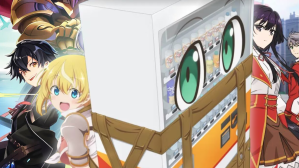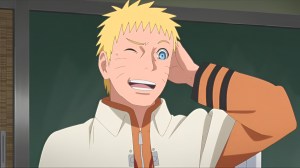Sometimes, it feels like the slice-of-life genre gets overshadowed by flashy action-packed shows or dramatic thrillers. There’s a quiet corner of anime that thrives on life itself. They don’t demand your attention with spectacle — they earn it with gentleness and humor. If you’re tired of noise and craving something human, each of these shows will give you exactly what their more famous peers sometimes forget: the beauty of simply being alive.
Videos by ComicBook.com
These are the slice-of-life gems that never enjoyed massive mainstream hype but linger in the hearts of those who found them. Let’s talk about five that deserve far more attention than they got.
5. Kakushigoto

What if your dad’s biggest secret was his job? That’s the premise of Kakushigoto, a heartwarming and hilarious anime about Kakushi Gotou, a single father who works as a mangaka creating risqué gag manga. Desperate to shield his young daughter, Hime, from the truth, Kakushi goes to absurd lengths to keep his job a secret. While Kakushigoto received praise for its humor and emotional depth, it didn’t break into the mainstream like other family-focused anime (think Clannad or Usagi Drop). Perhaps its niche premise deterred some viewers, but those who gave it a shot were rewarded with a beautifully crafted story that balances laugh-out-loud moments with tear-jerking revelations.
4. Hyouge Mono
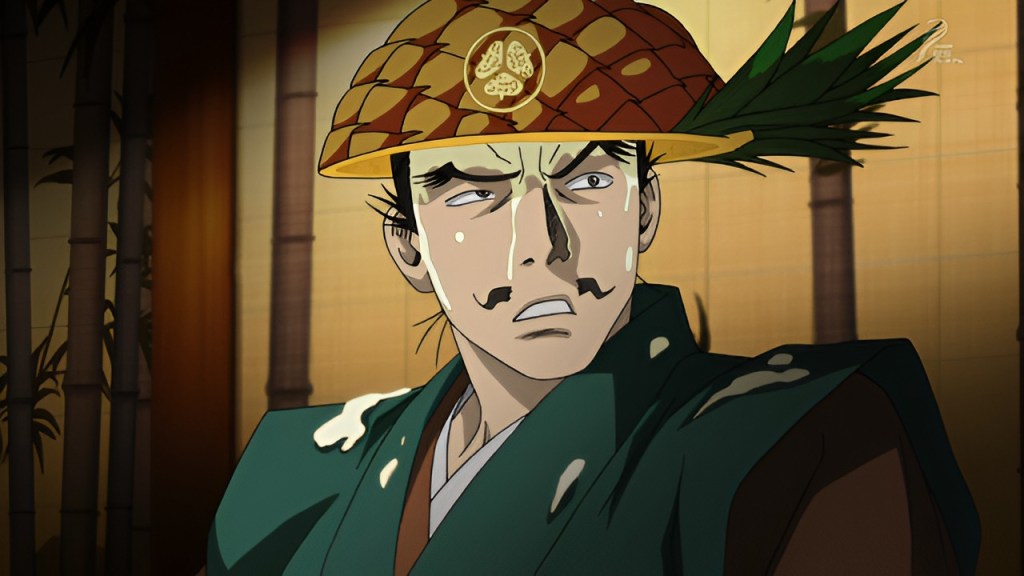
Hyouge Mono is unlike any other historical or slice-of-life anime ever made. Set during Japan’s Warring States era, it follows Furuta Sasuke, a samurai obsessed not with war, but with aesthetics — particularly the art of tea ceremony and pottery. The show dives deep into the philosophy of beauty, ambition, and materialism, turning what could’ve been a dry history lesson into an eccentric meditation on taste and vanity. It’s underrated mostly due to its unusual tone and visual style. The rough, exaggerated character designs and slow pacing might have alienated casual viewers, but those willing to immerse themselves will find one of the most intellectually rich and darkly funny stories of all time. It’s a show that redefines “slice of life,” asking what life even means when you live it in pursuit of perfection.
3. Flying Witch
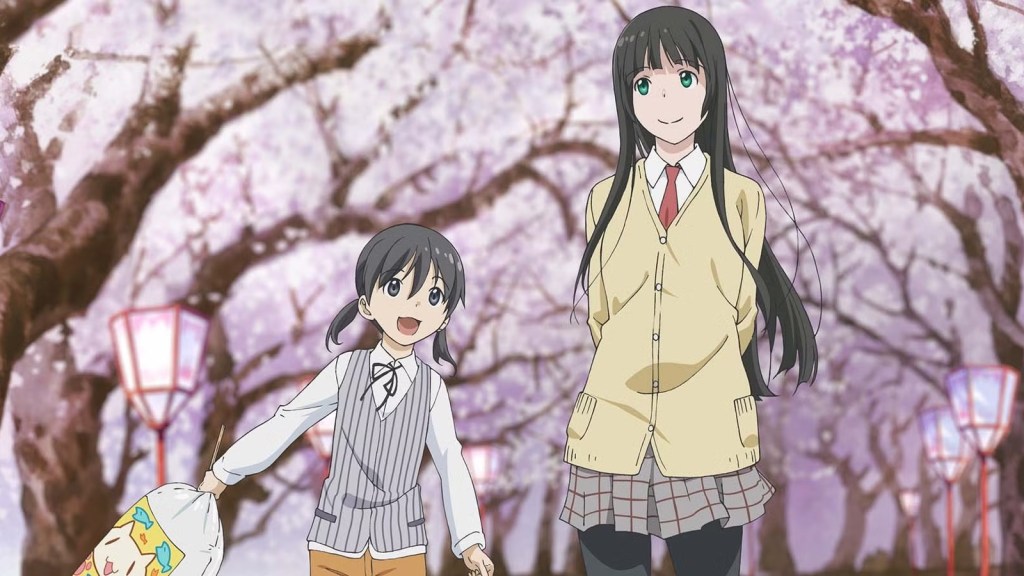
If you’ve ever craved an anime that feels like a slow walk through a blooming meadow, Flying Witch is the perfect remedy. It’s a show that celebrates the small, magical moments in life without ever feeling the need to shout for your attention. The story revolves around Makoto Kowata, a clumsy but endearing young witch, as she adjusts to her new life in the countryside. The series doesn’t rely on convoluted plots or shocking twists. Instead, it’s happy to let you watch Makoto plant vegetables with her relatives, take leisurely walks through the countryside, or learn to cook with her curious younger cousin Chinatsu.
Flying Witch doesn’t demand attention in the way many other series do. In an anime landscape dominated by high-stakes drama, flashy visuals, and adrenaline-pumping action, Flying Witch dares to be quiet. It’s a series that asks you to slow down and appreciate the beauty in the ordinary. For some, that might seem too slow or uneventful. But for those who are willing to embrace its gentleness, it’s a rare and magical experience.
2. Silver Spoon
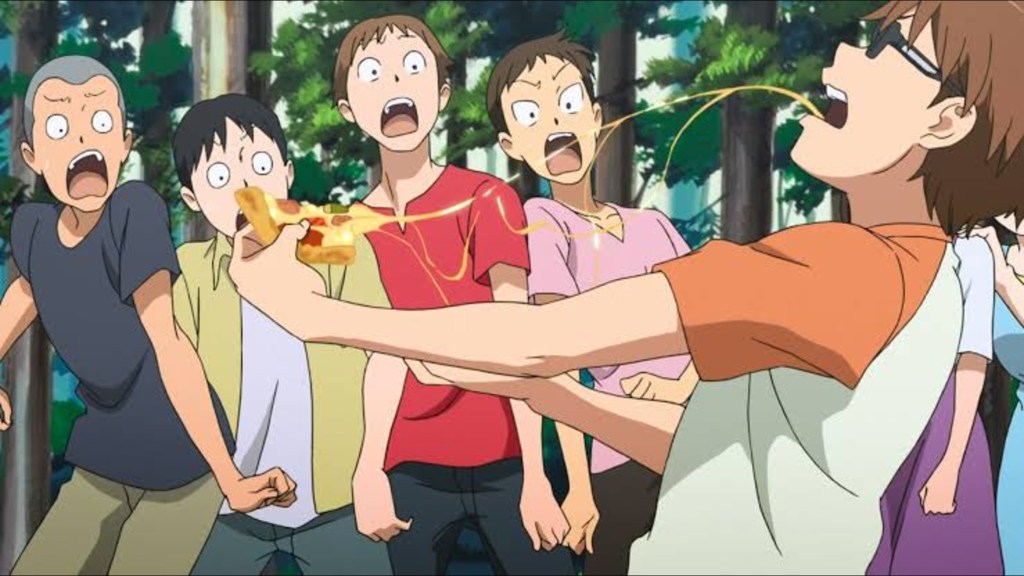
From the creator of Fullmetal Alchemist, Silver Spoon trades alchemy for agriculture — but keeps that same emotional intelligence and storytelling craft. The series follows city boy Yuugo Hachiken as he enters an agricultural high school, expecting an easy ride, only to be humbled by physical work, ethical dilemmas, and the raw realities of food production. It’s slice of life at its most grounded — funny and surprisingly philosophical. It’s underrated because it doesn’t fit the typical anime mold: it’s about farming, not fantasy, and its conflicts are internal, not explosive. Yet through its humor and realism, Silver Spoon delivers one of the most genuine coming-of-age arcs you’ll ever see. It’s proof that “ordinary” settings can make for extraordinary storytelling when written with honesty.
1. Barakamon
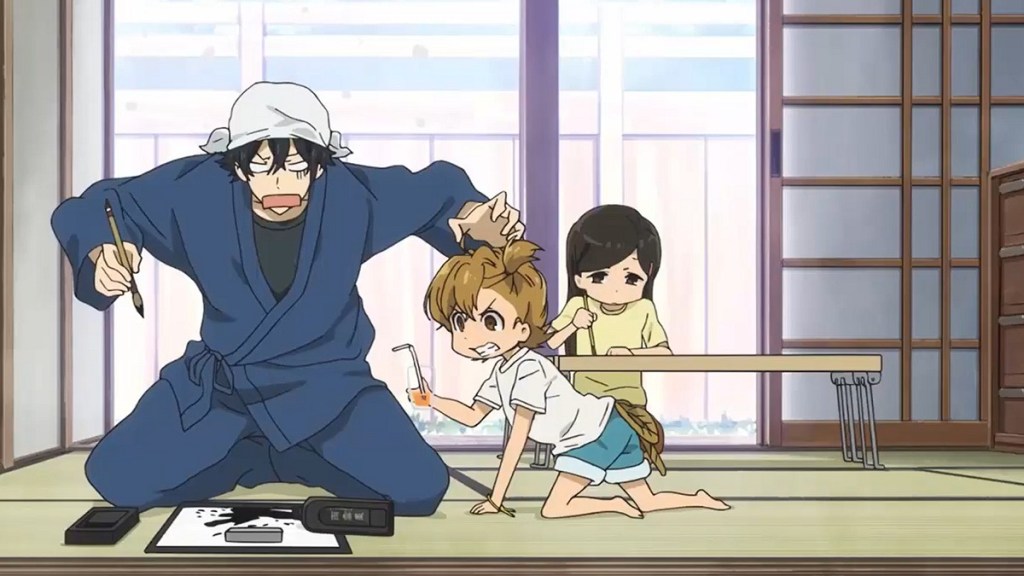
Barakamon feels like a warm summer wind that sneaks up behind you. Seishuu Handa, a young calligrapher, moves to a remote island after an impulsive outburst ruins his career. What follows is a slow, funny, and an exploration of self-discovery as he learns from the eccentric locals — especially Naru, a spirited little girl who teaches him more about art and life than any mentor could. Handa’s socially awkward reactions to the villagers’ blunt honesty are laugh-out-loud funny, but they’re also deeply relatable.
Who hasn’t felt out of place in a new environment or struggled to accept constructive criticism? At the same time, the show is unafraid to delve into Handa’s vulnerabilities — his fear of failure, his struggle to find his artistic voice, and his gradual realization that art isn’t just about technique but about emotion and connection. Critically beloved but strangely forgotten over time, Barakamon is underrated precisely because it’s too wholesome for the algorithm.
What do you think? Leave a comment below and join the conversation now in the ComicBook Forum!

